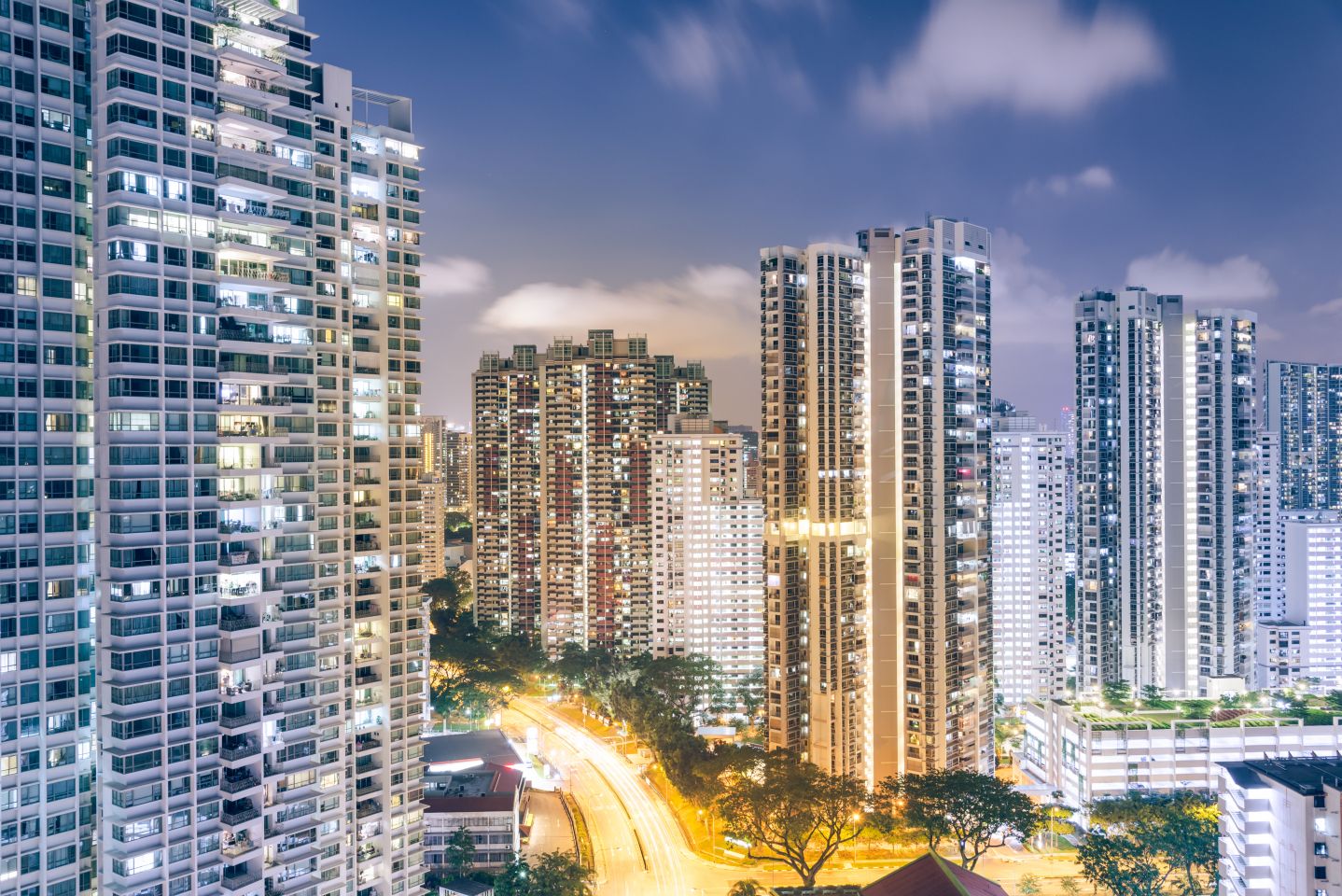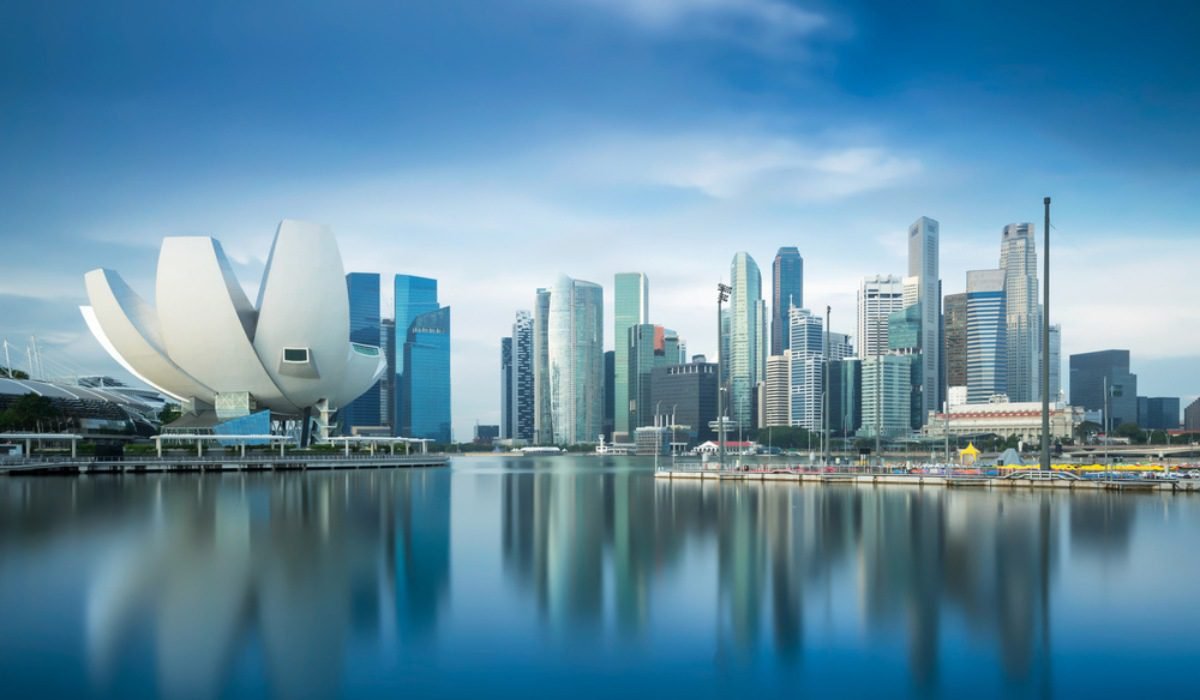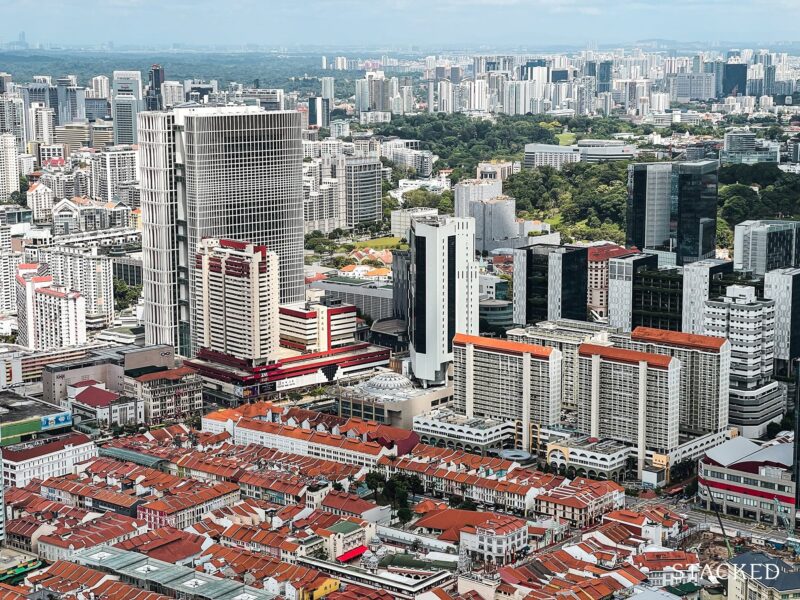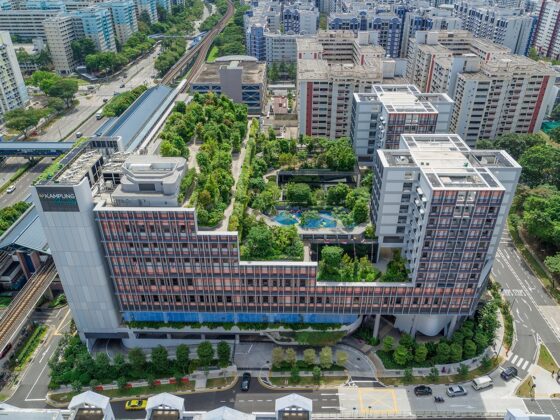Singapore continues to rank among the world’s safest and most desirable property markets. Its reputation for stability, transparency, and consistent growth attracts both local and foreign investors seeking long-term security. In an uncertain global economy, few real estate markets offer the same balance of performance and protection.
Thomson Modern illustrates how the country’s combination of innovation, quality, and governance creates lasting confidence among buyers and investors alike.
1. Economic Stability and Market Transparency

Singapore’s economy is known for its resilience. Even during global downturns, its policies maintain stability and steady growth. The government enforces strict regulations on lending and property speculation, preventing the bubbles seen in other major cities.
The country’s financial system is also one of the strongest in Asia. A stable currency, low corruption, and efficient legal framework make real estate transactions secure and transparent. These conditions attract international investors who value predictable returns and minimal risk.
Foreign ownership laws are clear, and data on prices, transactions, and development plans are publicly available. This level of transparency helps investors make informed decisions, reinforcing Singapore’s reputation as a fair and trustworthy market.
2. Strategic Location and Global Connectivity

Singapore’s position as a global business hub makes its property market uniquely appealing. It serves as the financial gateway to Southeast Asia, attracting multinational companies and high-net-worth individuals. This steady inflow of talent and capital keeps demand for quality real estate consistently high.
The country’s world-class infrastructure supports this demand. Efficient transport systems, an advanced airport, and digital connectivity all enhance its competitiveness. For businesses and individuals seeking stability in Asia, Singapore remains the first choice.
Developments near key urban centers, such as Thomson Modern, benefit from this connectivity. Proximity to the Central Business District (CBD), top schools, and lifestyle hubs makes these properties valuable to both residents and investors.
3. Quality, Sustainability, and Long-Term Value

Singapore’s real estate sector is defined by innovation and quality. Developers integrate smart-home technology, energy-efficient systems, and sustainable materials into new projects. The Building and Construction Authority’s (BCA) Green Mark certification drives eco-friendly design across residential and commercial spaces.
These standards ensure that properties maintain value over time. Buyers can expect durability, modern design, and strong community environments. The government’s long-term urban planning also supports continuous improvement, ensuring that neighborhoods evolve with future needs.
Sustainability and design excellence make Singapore’s real estate globally competitive. The city’s commitment to green living adds both environmental and financial value—appealing to investors who prioritize responsible growth.
Conclusion
Singapore real estate stands out as a global asset because it offers reliability, innovation, and enduring value. Supported by sound governance, strong infrastructure, and a transparent system, it provides investors with both stability and growth.
Projects like Thomson Modern embody the strengths that define this market—precision, connectivity, and sustainable design. As global economies shift, Singapore’s property sector will continue to shine as one of the safest and smartest investment destinations in the world.

